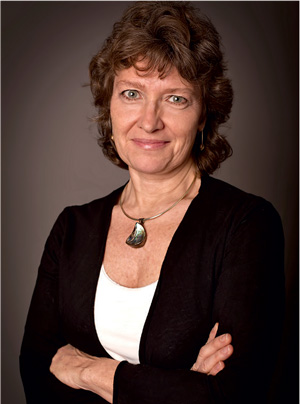Unraveling the Culture of Bullying
 Being bullied is universal. The effects linger and foster a feeling of shame, says Laura Martocci ’84, author of Bullying: The Social Destruction of Self. The book, inspired by personal experience as well as the experiences of her students, seeks to explore the social forces that support the “bully culture” and how they can be addressed.
Being bullied is universal. The effects linger and foster a feeling of shame, says Laura Martocci ’84, author of Bullying: The Social Destruction of Self. The book, inspired by personal experience as well as the experiences of her students, seeks to explore the social forces that support the “bully culture” and how they can be addressed.
“Our culture thrives on humiliation,” says Martocci. “Social forces such as gossip, laughter, stereotyping, and competition lead to and maintain bullying, causing responses of shame, violence, and depression.”
Martocci’s work contributes insights into the widespread culture of bullying, which has been the subject of national attention since the late 1990s.
Working with children at an early age is crucial. Martocci recalls a special art exhibit at Wagner College, where she had been a faculty member and associate dean, entitled “Sometimes…,” showcasing the reflections of fifth-graders on bullying. “One student, who instigated a lot of volatility in the classroom, produced a piece that gradually faded away, and wrote: ‘Sometimes I feel invisible.’ My heart caught in my throat when I saw it.”
Bullying excludes others. “We experience that exclusion as pain,” says Martocci. “It’s not something that we just imagine. Neuropsychologists have shown that it has a physical effect in the body, leaving traces in the pain centers.”
Martocci began working on issues of bullying as a national trainer with the Ophelia Project in 2001. She has worked intensively in schools and with professional organizations in the New York area since that time. In 2007, she founded the S.A.R.A. Project® (students against relational aggression), a 12-week anti-bullying initiative that partners college students with fourth-grade classrooms.
An anthropology and sociology graduate, she holds a Ph.D. in sociology from New School for Social Research. The daughter of Anthony Martocci ’56, she recalls attending football games with him while growing up and never thought of any other choice but Lafayette.
—Stevie O. Daniels